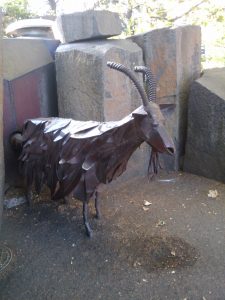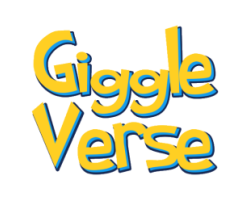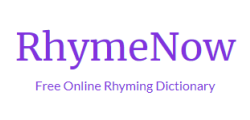I love chocolate. Don’t you? I mean, doesn’t everybody? When I was a kid, my favorite Halloween treats were always chocolate candy bars like Hershey’s, Snickers, and Three Musketeers. After Halloween night, I always ate those ones first. After a few days, all that was left were the candies I didn’t like.
I’ve heard that chocolate is healthy, but I have no idea if that’s true or not. In any case, I’m pretty sure it’s not healthy to eat nothing but chocolate for a week.
If you like chocolate as much as I do, I hope you enjoy this poem. I also hope you make sure to eat your fruits and veggies and other healthy foods after Halloween.
Chocolate for Breakfast
Chocolate for breakfast.
Chocolate for lunch.
Chocolate for dinner.
Chocolate for brunch.Chocolate on Saturday,
chocolate on Sunday,
and nothing but chocolate
the whole day on Monday.On Tuesday and Wednesday
it’s chocolate galore.
On Thursday and Friday
I eat even more.I know it’s not healthy;
that’s totally clear.
But, still, I go nuts in
November each year.And there’s not a fruit
or a veggie in sight
at least for a week
after Halloween night.—Kenn Nesbitt







